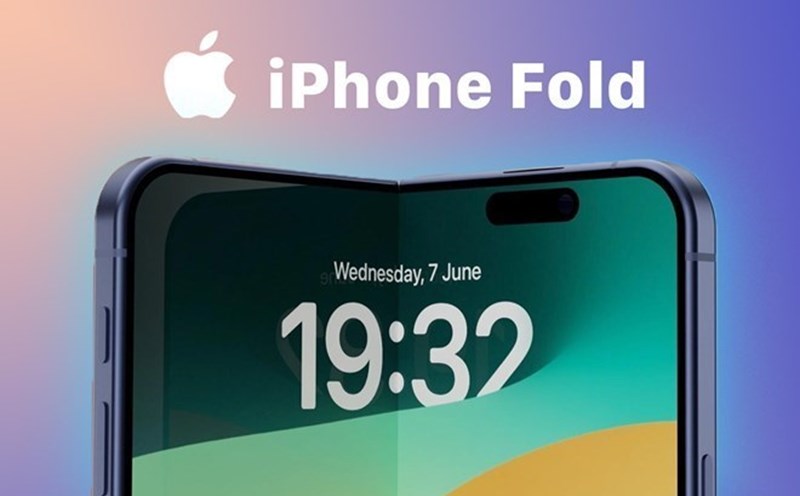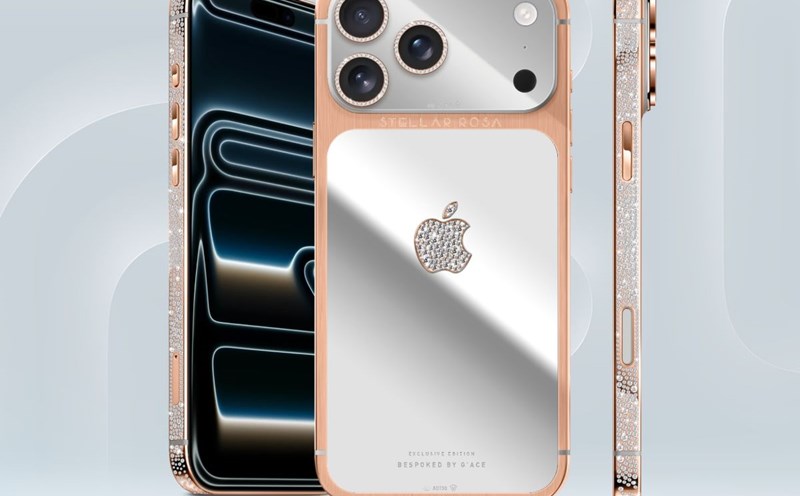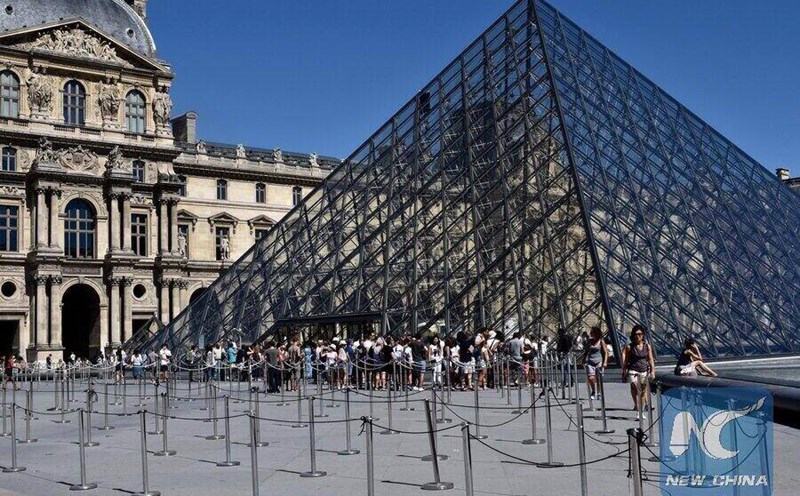The iPhone Air is Apple's thinnest smartphone ever, measuring 5.6 mm in thickness and weighing just 165 grams. It has a 6.5-inch screen and uses a powerful A19 Pro chip. However, the demand for this product line is not too high.
According to Phone Arena, due to lower-than-expected demand, Apple is cutting iPhone Air production. Based on an analysis from a market expert at Mizuho Securities, Apple may cut iPhone Air production by 1 million units. Although the iPhone Air failed to achieve Apple's expected sales, the remaining three models of the iPhone 17 series have attracted the attention of consumers.
Apple is expected to increase iPhone 17 production by two million units. The iPhone 17 Pro and iPhone 17 Pro Max are expected to increase production by one million and four million units, respectively. Some analysts believe that iPhone buyers are rushing to buy familiar models instead of trying the iPhone Air.
Ironically, the big reason why the iPhone Air can be considered a sales failure is the improvements made to the basic iPhone 17 model. This year, Apple added a ProMotion screen to the basic model, helping to increase the scanning frequency from 1-120Hz. Video playback battery life on iPhone 17 skyrocketed to 30 hours, a significant increase compared to 22 hours on iPhone 16.
Apple's iPhone 17 orders still take two to three weeks to reach countries including the US, UK, France, China, Japan and Switzerland.
For the iPhone Air, sales may be lower than Apple's expectations, but that really doesn't matter. This phone could be created by Apple as a testament to the new concept, as the foldable iPhone was once described as two iPhone Air placed next to each other.
Fold-screen iPhone - iPhone Fold was expected to launch in 2026, but there are concerns about a delay until early 2027, when Apple has not yet made a decision on the hoses design and other components of the device.











